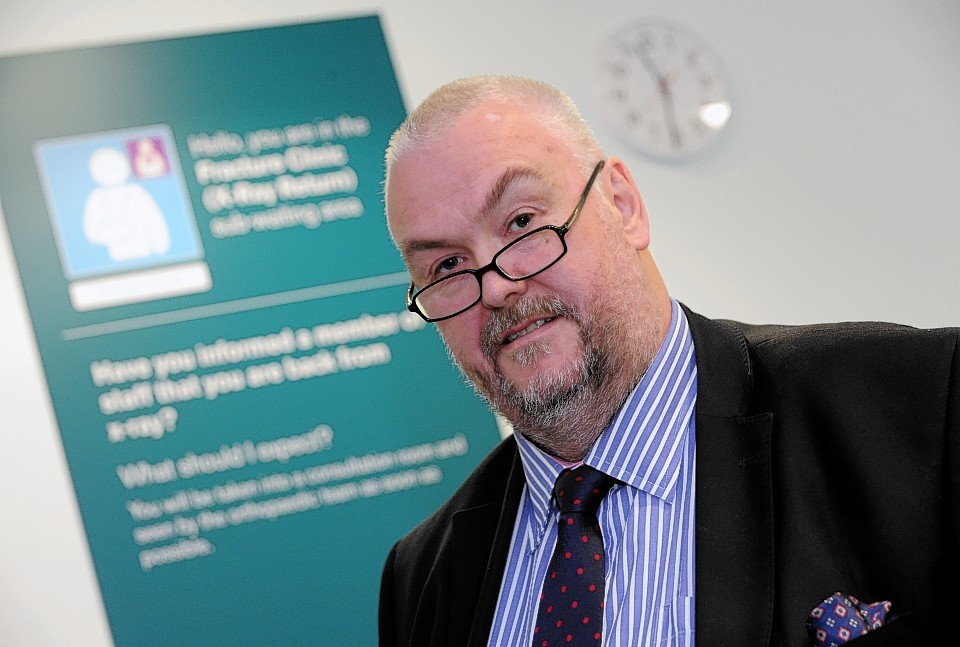The annual review of the NHS in Scotland has outlined a raft of recommendations to tackle the GP recruitment crisis.
The expert report states key measures could include “inspiring” students to view becoming a family doctor in a more “positive” light.
The north of Scotland has had well documented difficulties in recruiting GPs, with the Press and Journal revealing earlier this week that no doctors had been appointed to three roles recently advertised in Grampian- despite applicants being offered a £20,000 signing bonus.
The Press and Journal also revealed that Aberdeen University was being forced to turn down would-be medical students because of the cap on places in order to maintain free tuition.
According to the latest government figures, Grampian had 561 GPs in post in 2015, down from 565 the year before. The highest number of GPs on the health board’s books was in 2010, when they had 567.
The Highlands had a total of 391 GPs in post in 2015, down from a high of 420 in 2009.
Critics suggest the lack of recruitment could have serious ramifications, with a third of family doctors across the country due to retire by 2020.
The NHS Scotland Chief Executive’s Annual Report for 2015/16, published yesterday, said 87% of patients rated the overall care provided by their GP as good or excellent.
But it acknowledged more needs to be done to recruit family doctors.
The report states: “£2.5 million has been allocated towards a GP Recruitment and Retention Fund. This fund is exploring with key stakeholders, the issues surrounding GP recruitment and retention.
“It will examine and take forward proposals that promote Scottish General Practice as a positive career choice, support medical students to actively choose General Practice, inspire doctors in training to select speciality training in General Practice, and encourage our alumni to stay in or return to Scotland and encourage those wanting to work in rural and economically deprived areas.”
The report, which covers all of the NHS’ services in Scotland, states that GPs have an important role to play in helping the health service tackle an ageing population.
Publishing the report yesterday, Paul Gray, the Chief Executive of NHS Scotland, said satisfaction with the service “remains high” and that the body had “come a long way” over 2016.
He added: “But we are far from complacent. I very much recognise the challenges and pressures, and that there is still much to do in tackling inequalities and improving the health of the population – which NHS Scotland cannot do on its own.”
